Disorders and disabilities are finding courageous mention on stage, as part of anecdotes in new-age stand-up comedy sets, poetry and plays
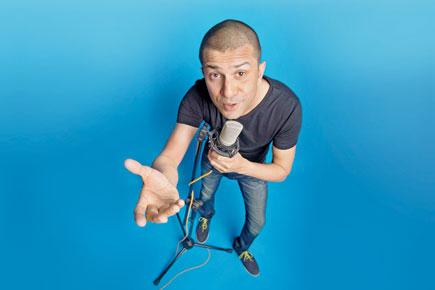
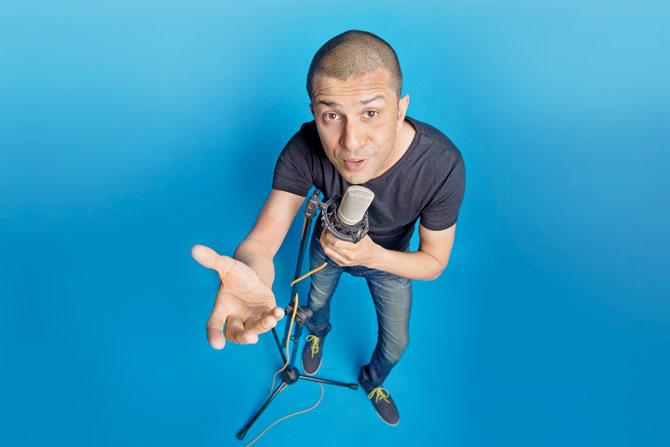
Sundeep Rao
ADVERTISEMENT
"There are two kinds of people in the world," says stand-up comic Sapan Verma to a packed house at Lower Parel's Canvas Laugh Club. As the audience listens in rapt attention, he continues, "Those who prefer to walk on the lines of a pavement, and those who hop on the tiles." The crowd bursts into laughter, and many, vehemently nod their heads in agreement, as Verma goes on to talk about his obsession with symmetry.
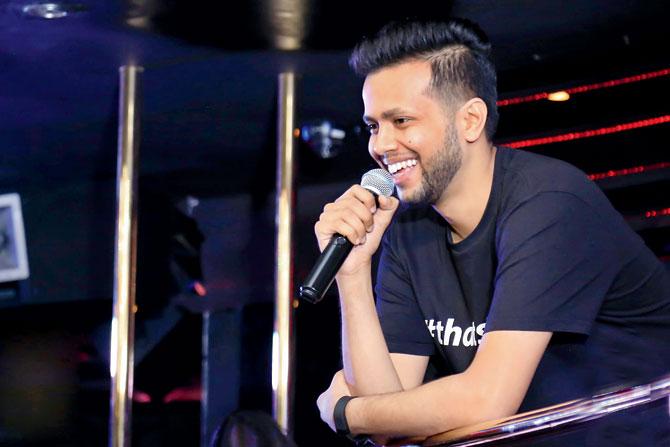
Sapan Verma
The 27-year-old city-based writer and comic, who is part of the East India Comedy collective, moves on to other things — experiences of growing up as a ’90s kid and funny encounters with Uber drivers — but manages to demystify Obsessive Compulsive Disorder (OCD) through a five-minute piece in a 75-minute set for his new solo show, Obsessive Comedic Disorder. "OCD is a small part of the entire show because it’s tough to write material on it. At most shows, at least 30 per cent of the audience doesn’t know about the disorder. Some of them know about basic OCD ticks, like washing your hand multiple times every hour, but not the medical term. So when I explain, a lot of them they go, ‘Oh yeah!’," says Verma, who researched extensively on the subject and even spoke with a professional therapist to ensure that his material was factually correct. Having premiered the show at NCPA in July, he has toured with it to Delhi, Gurgaon, Pune, Hyderabad, Kolkata and Dubai. Next stops are Chennai and Bengaluru.
It’s not just OCD that’s making its way to the stage. On September 28, Rueben Kaduskar, a 28-year-old city-based stand-up comic, who has been prolific on the open mic circuit for over a year, will perform a spot at Hamster Comedy Jam at Of10, a co-working spot in Powai. What sets him apart: he stammers and his personal experiences, including encounters with his therapist, are woven into his set. "When I start my set, the audience thinks I am stammering due to nervousness. When I tell them it’s a genuine problem, they wonder whether to laugh or not. So, I have to make them comfortable first. I don’t make fun of the disability but the stupidity surrounding it," says Kaduskar.
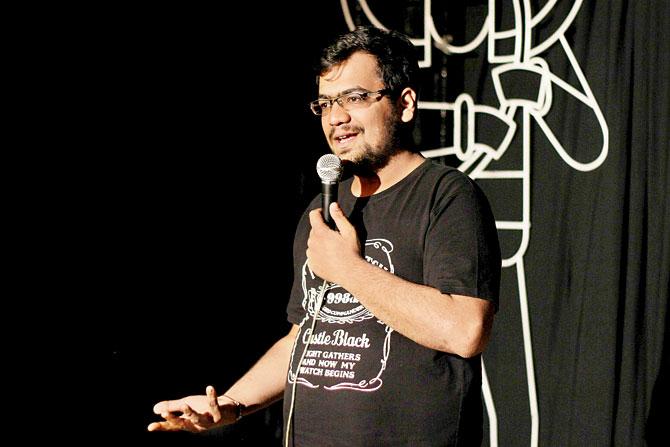
Rueben Kaduskar
Illness and art
While previously, street theatre and documentaries helped spread awareness about mental and physical disabilities, the 2.0 version involves new-age forms like stand-up comedy and spoken word poetry. Ankita Shah, the co-founder of The Poetry Club (TPC), who attended a poetry competition at Malhar, an inter-collegiate festival of St Xavier’s College held last month, recounts, "From the 10 who qualified for the finals, six had penned verses on depression and anxiety. That’s because spoken word poetry is a free form without set rules. It’s a powerful medium, capable of engaging the audience in the five-minute piece. So, it helps generate real-time feedback and empathy."
Stand up, speak up
Over the last five years, stand-up comedy scene has also matured in India. While Verma believes that it’s still a taboo to joke about death and disorders in comedy acts, an evolving audience does appreciate artistes using humour to tackle larger issues — whether it is an illness, student suicides, corruption or war.
This has definitely helped Sundeep Rao, a Bengaluru-based stand-up comic with 70 per cent visual impairment. Two years ago, he came up with a special show titled Out Of Sight, where he talks about his life, observations and experiences. "When I started doing stand-up comedy five years ago, I didn’t include visual impairment in my set or even, reveal my partial blindness. At that time, comics largely formed a relationship with audience by talking about cities and cultures. But, then I decided to address the issue. I don’t know whether my talking about the disability on stage will change any legislation but it might help create a conversation around it and let the audience know that it’s normal to talk about it," he says, as he readies to fly down to Mumbai for a new show produced by a comedy channel, next month.
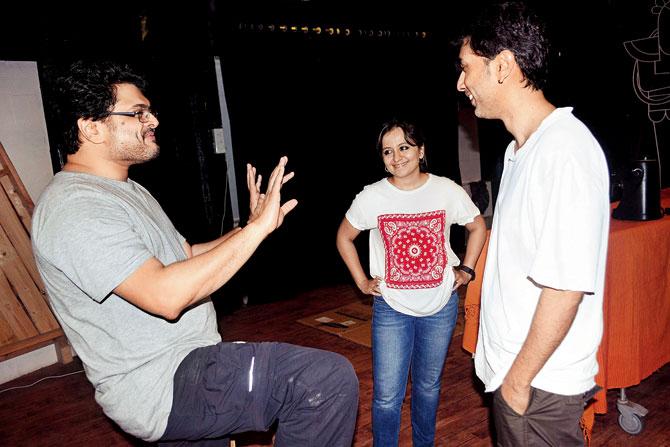 Director Arghya Lahiri with actors Devika Shahani and Jaimini Pathak at a rehearsal of QTP’s Wildtrack
Director Arghya Lahiri with actors Devika Shahani and Jaimini Pathak at a rehearsal of QTP’s Wildtrack
No preaching, please
Most artistes agree that a successful performance hinges on finding a right balance between storytelling and talking about an illness. Something that debutant director Arghya Lahiri has managed to do with Wildtrack, a play about friendship that weaves in dementia. The QTP production will be staged at G5A in Mahalaxmi on October 1. "The audience doesn’t like being taught academically. They care about characters. It’s important that a performance or story is well done — illness should be incidental to the character rather than other way round," he sums up.
 Subscribe today by clicking the link and stay updated with the latest news!" Click here!
Subscribe today by clicking the link and stay updated with the latest news!" Click here!






